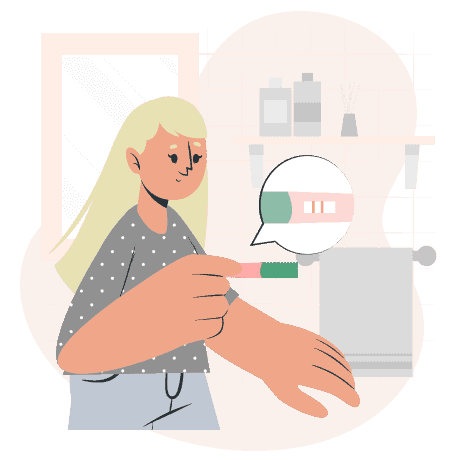The First Steps of Motherhood: Top Things New Moms Need to Know About Caring for a Newborn
The arrival of a newborn is a joyous and transformative event, but it also brings a host of new responsibilities and challenges for new moms. This precious life depends on you for everything, and that can sometimes feel overwhelming. To help navigate these early days, here are some key things every new mom should know about caring for a newborn.
1. Feeding Essentials:
Breastfeeding is the most recommended form of nutrition for newborns, but it's not always possible for every mom. Whether you breastfeed or formula-feed, make sure you understand the basics like how often to feed your baby (usually every 2-3 hours for newborns), signs of hunger, and the proper feeding position. Don't hesitate to consult with lactation experts or your pediatrician for personalized guidance.
2. Diaper Duty:
Newborns go through numerous diapers each day. Learn how to change a diaper efficiently, and be aware of signs of diaper rash, which may require special creams or ointments. Always have a supply of diapers, wipes, and changing accessories wherever you go.
3. Sleep Patterns:
Newborns sleep a lot but in short intervals. Understanding the basics of sleep training, like the difference between naps and nighttime sleep, can help you establish a routine for your baby and catch some much-needed rest yourself.
4. Safeguarding Health:
Your newborn's immune system is still developing, making them more susceptible to illness. Basic hygiene—like regular hand-washing and limiting exposure to large crowds or sick people—is essential in those first few weeks.
5. Learning to Soothe:
A crying baby can be stressful. Learning different techniques to soothe your newborn, such as swaddling, rocking, or offering a pacifier, can help calm them down. Don't be afraid to experiment to find out what your baby responds to best.
6. Bath Time:
Newborns don't need daily baths; in fact, too much bathing can dry out their skin. However, learning the proper technique for a sponge bath and eventually a baby bath is crucial. Always check the water temperature and never leave your baby unattended during bath time.
7. Skin and Nail Care:
Newborns often have sensitive skin, and conditions like cradle cap or diaper rash can develop. Gentle, fragrance-free lotions and creams can help. Also, their nails grow surprisingly fast; learn how to clip them to prevent your baby from scratching themselves.
8. The Importance of Check-ups:
Routine pediatric check-ups are crucial in the early days. These appointments allow your healthcare provider to monitor growth, discuss vaccinations, and address any concerns you might have.
9. Recognizing Illness:
Knowing the signs of common illnesses like colds, fever, or gastrointestinal issues can help you act promptly. Don't hesitate to consult your pediatrician if you notice any symptoms.
10. Bonding Time:
Skin-to-skin contact, cuddling, talking, and singing to your baby are all wonderful bonding activities that also promote emotional and cognitive development. Don't underestimate the power of simple loving touch.
11. Postpartum Care:
Caring for a newborn is demanding, and new moms often neglect their own postpartum recovery. Take time for self-care, and consult your healthcare provider if you experience signs of postpartum depression or other health issues.
12. Asking for Help:
Parenting is a challenging task that no one should face alone. Don't be afraid to ask for help from family and friends, or to consult experts when needed. Remember, taking care of yourself is part of taking care of your newborn.
New motherhood is a beautiful, albeit exhausting, journey. While the challenges are plenty, so are the rewards. With the right knowledge and resources, you can navigate this incredible period with more confidence and less stress. You've got this, Mom!






